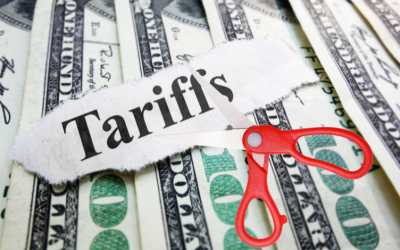As the Fijian government rolls out its latest economic relief measure, a reduction in Value Added Tax (VAT) from 15 per cent to 12.5 per cent, economists are calling for complementary policies to ensure the most vulnerable households benefit without compromising public services.
The VAT cut, announced in the 2025-2026 National Budget and taking effect from 1 August, is aimed at easing cost-of-living pressures on families and businesses. However, experts warn that while the move may offer broad relief, it also carries the risk of reducing government revenue in the short term, potentially affecting the delivery of essential services such as health, education, and social welfare.
Dr Rohit Kishore, an economist and academic, noted that VAT reductions tend to benefit higher-income households proportionately more, since they spend more in absolute terms. “While it is a welcome relief for all, the impact on lower-income households could be marginal unless supported by direct assistance measures,” he said.
To ensure the policy remains equitable, economists have recommended that the government implement targeted assistance programmes such as direct cash transfers, electricity and food subsidies, or expanded social protection schemes. These measures would help cushion low-income groups from the indirect impacts of fiscal tightening and ensure that public spending remains focused on social outcomes.
The Ministry of Finance has acknowledged the feedback and indicated it is reviewing ways to protect the most vulnerable during this transition. Officials say the government remains committed to fiscal responsibility and inclusive growth and is exploring avenues to offset revenue shortfalls through improved tax compliance, digital monitoring, and efficiency gains in public spending.
Consumer groups have generally welcomed the VAT cut, noting the immediate price relief on goods and services, but have also joined calls for better-targeted support for those still struggling to meet basic needs.
As inflationary pressures persist and income inequality remains a concern, the debate around VAT reform highlights the importance of balanced policy design, one that supports both economic stimulus and social protection in a fiscally constrained environment.



